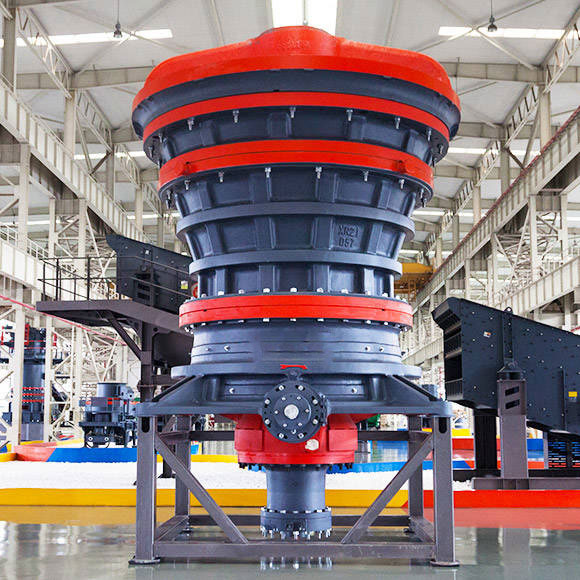Overview of Primary Rotary Crushers for Non-Metallic Ores
Primary rotary crushers play a vital role in the processing of non-metallic ores, such as limestone, granite, clay, and gypsum. These crushers are designed to handle a wide range of materials and provide efficient size reduction. They utilize a rotating mechanism that crushes the material as it is fed into the machine, ensuring a consistent output size and enhanced performance. The primary rotary crusher is essential in the initial stages of the ore processing workflow, where large chunks of ore need to be reduced to a manageable size for further processing.

Design and Operation
The design of a primary rotary crusher typically includes a large, heavy-duty rotor equipped with sharp blades or hammers. As the rotor spins at high speeds, it impacts and fractures the incoming material. This design allows for the efficient processing of tough materials while minimizing wear on the equipment. The operational efficiency is further enhanced by adjustable settings that allow operators to control the size of the output material. This adaptability makes rotary crushers suitable for various non-metallic ores, as they can be fine-tuned to meet specific processing needs.
Advantages of Rotary Crushers
One of the main advantages of primary rotary crushers for non-metallic ores is their ability to handle diverse materials effectively. They can process softer materials like gypsum and harder ones like granite, making them versatile in various applications. Additionally, rotary crushers produce a more uniform particle size, which is critical for subsequent processing stages, such as milling or screening. The design of rotary crushers also allows for high throughput, which is essential in large-scale operations where efficiency and productivity are paramount.
Applications in Non-Metallic Ore Processing
In the context of non-metallic ore processing, primary rotary crushers are commonly used in the production of aggregates, industrial minerals, and cement. For instance, limestone crushed by these crushers is used in cement manufacturing and construction. Similarly, gypsum, which is processed through rotary crushers, is essential for drywall production and as a soil conditioner in agriculture. Their adaptability makes rotary crushers a preferred choice for companies looking to optimize their processing operations and meet the demands of various markets.
Conclusion
In summary, primary rotary crushers are a cornerstone technology in the processing of non-metallic ores. Their robust design, operational efficiency, and adaptability make them suitable for a wide range of applications across different industries. As demand for non-metallic ores continues to rise, the role of these crushers becomes even more critical, ensuring that the materials are processed efficiently and effectively. Investing in advanced rotary crushing technology can lead to improved productivity, reduced operating costs, and enhanced overall performance in ore processing operations.
